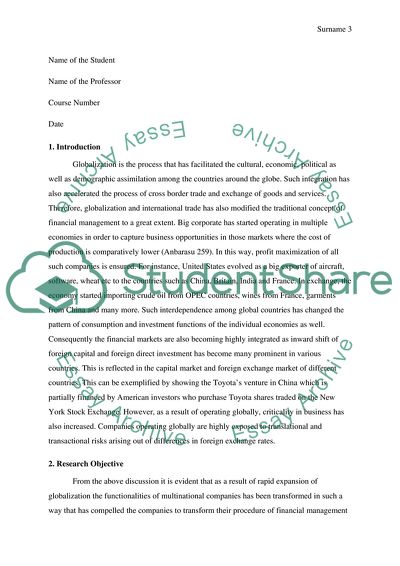Cite this document
(How globalization has changed MNCs financial management Research Paper, n.d.)
How globalization has changed MNCs financial management Research Paper. https://studentshare.org/finance-accounting/1871985-how-globalization-has-changed-mncs-financial-management
How globalization has changed MNCs financial management Research Paper. https://studentshare.org/finance-accounting/1871985-how-globalization-has-changed-mncs-financial-management
(How Globalization Has Changed MNCs Financial Management Research Paper)
How Globalization Has Changed MNCs Financial Management Research Paper. https://studentshare.org/finance-accounting/1871985-how-globalization-has-changed-mncs-financial-management.
How Globalization Has Changed MNCs Financial Management Research Paper. https://studentshare.org/finance-accounting/1871985-how-globalization-has-changed-mncs-financial-management.
“How Globalization Has Changed MNCs Financial Management Research Paper”. https://studentshare.org/finance-accounting/1871985-how-globalization-has-changed-mncs-financial-management.


